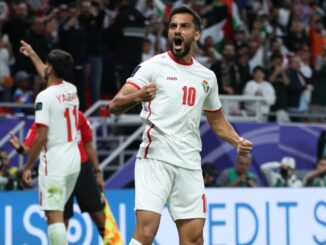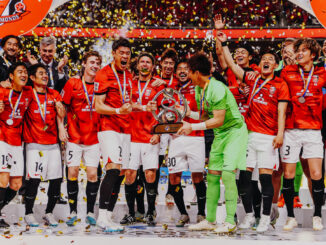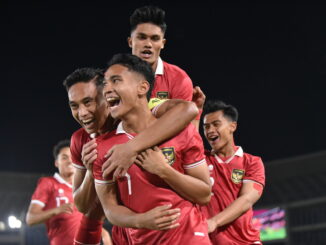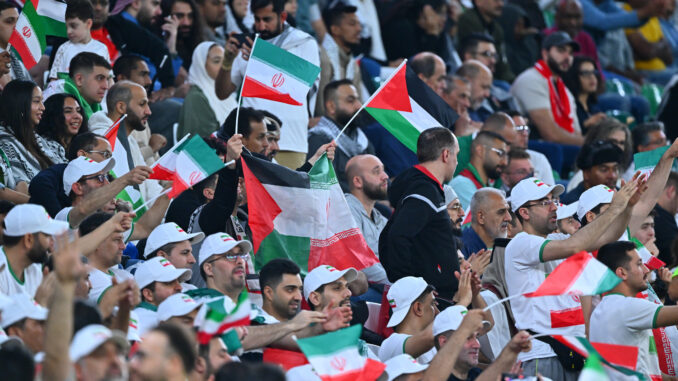
Sporting successes typically unites nations, especially during difficult times, providing its populace with a shared source of pride. However, over the past 16 months, the Iran national team has actually divided Iranians, with some celebrating their elimination from both the FIFA World Cup and the AFC Asian Cup.
To understand this situation, we need to go back to September 2022, when a young woman named Mahsa Amini died in the custody of the moral police. Following this tragic event, the Islamic Republic experienced its most extensive demonstrations and protests in its 45-year history.
In various cities, including the capital Tehran, people took to the streets for over three months, and any response from celebrities was closely scrutinised by both protesters and the regime.
The protesters demanded a clear stance from well-known figures, including footballers, as they felt that the regime had widened the gap between itself and the people.
However, the actions of the Team Melli players left many disappointed. They celebrated Alireza Beiranvand’s birthday in trainings and also their goal against Uruguay in the early days of demonstrations, and then met with President Ebrahim Raeisi before departing for Qatar.
The publication of official FIFA photos further fueled the protesters’ anger. The images showed Iranian players joking and laughing, which was deemed unforgivable by the protesters. Some even called on FIFA to remove Iran from the World Cup.
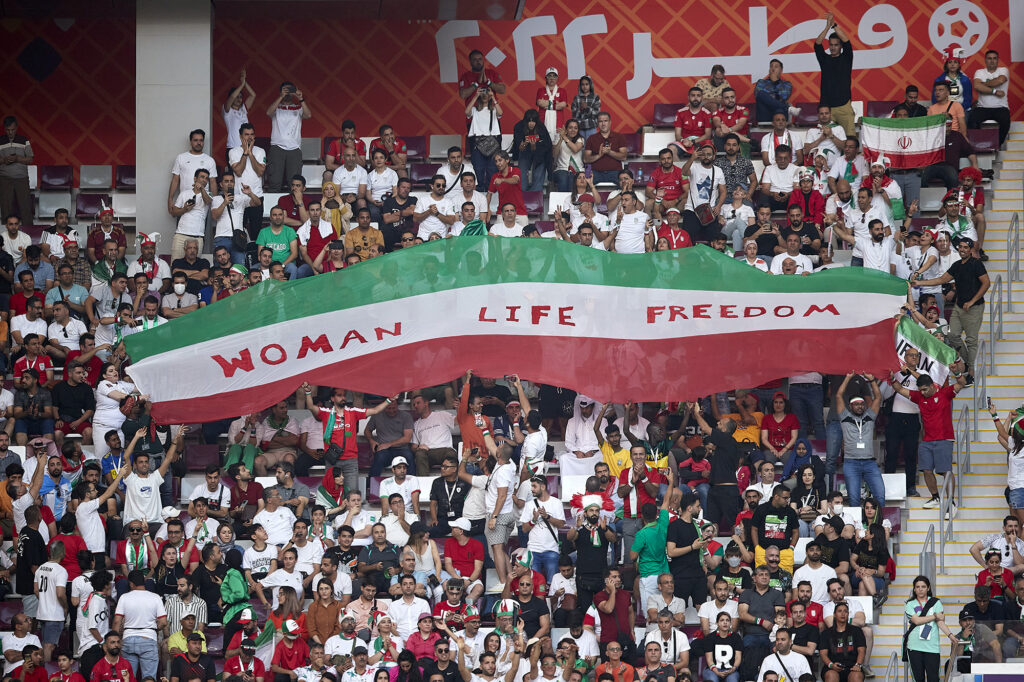
Realising that they needed the fans’ support during the tournament, the players took a stand in their first match against England. They formed a circle, holding hands to show unity with the protesters, and chose not to sing the national anthem – a symbolic gesture signalling their sympathy with the protesters.
Despite this bold move, some protesters believed it was insufficient and argued that this team did not represent Iran but rather the Islamic Republic. Therefore, when Iran was defeated in their third match against the USA, some took to the streets to celebrate, in which a fan was killed by police.
The street protests subsided during the World Cup, and many protesters were released from prison. However, the events of autumn 2022 are not easily forgotten by either side.
The mounting economic crisis has only added to people’s dissatisfaction with the administration, making it a challenging period for all involved.
When defender Hossein Kanaanizadegan announced that the administration had given all players import licenses for foreign cars as a World Cup bonus, valued at 100 billion Toman ($2 million), attacks on Team Melli’s players resumed. The government soon revoked all licenses.
The circumstances surrounding the Asian Cup also heightened the dissatisfaction among protesters, at least for some.
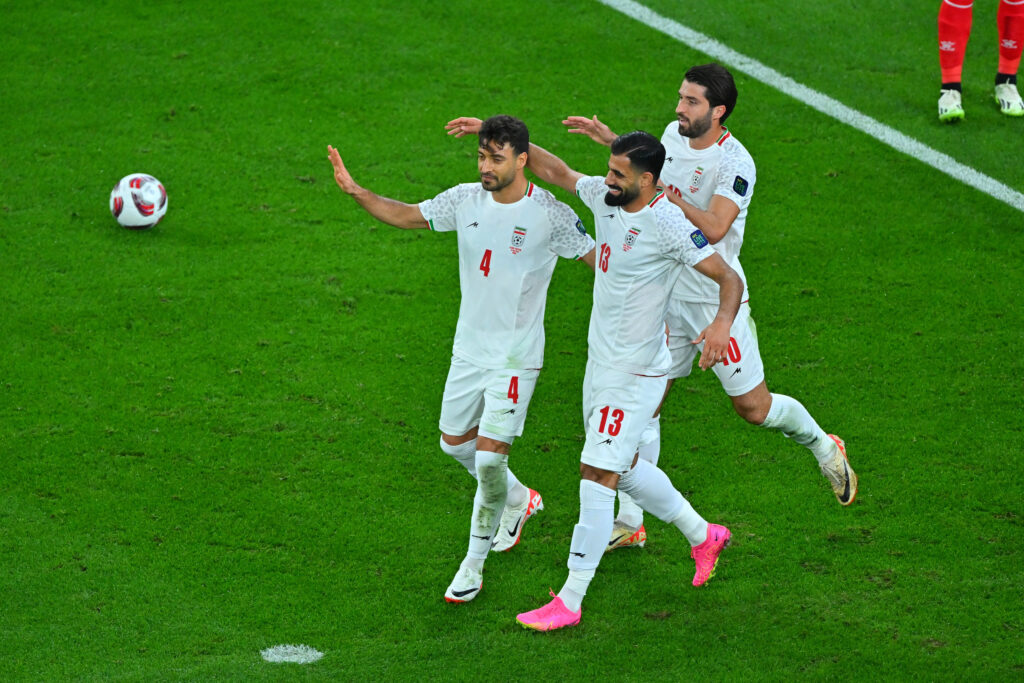
When Shoja Khalilzadeh scored Iran’s first goal of the tournament against Palestine, he refrained from celebrating out of respect for the people of Gaza. Protesters questioned why the players did not show the same respect for their own people.
Furthermore, in an interview, Alireza Beiranvand mentioned that he had told his friends that he would return to Iran on 22 Bahman (the 11th month on the Iranian calendar), a day after the Asian Cup final.
Some interpreted this as a signal to the regime, as this date marks the victory day of the Islamic revolution in 1979, holding significant importance for supporters of the Islamic Republic who wanted to celebrate an Asian Cup win on this special day. But, as it was, Iran lost to Qatar in a dramatic match and protesters expressed their joy on social media.
The events of autumn 2022 in Iran have permanently altered many things, and it remains uncertain when Team Melli will be able to regain its popularity.
Listen to The Asian Game Podcast LIVE from Souq Waqif after Qatar’s dramatic win over Iran


